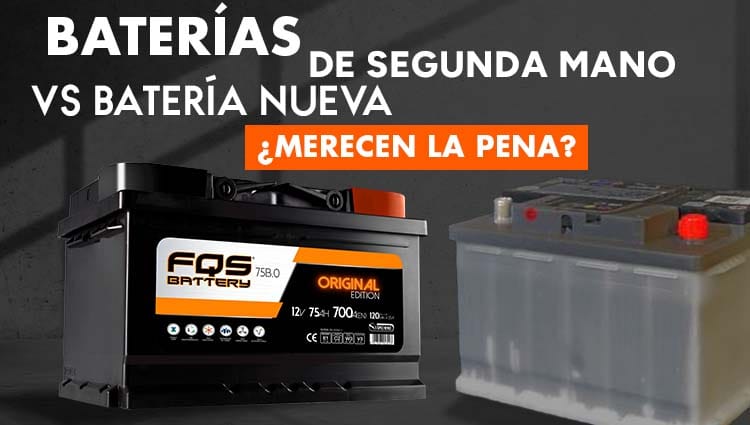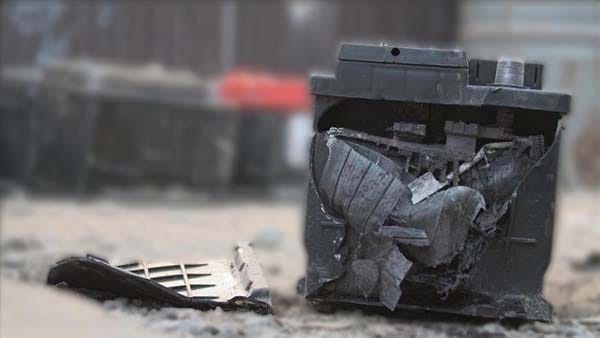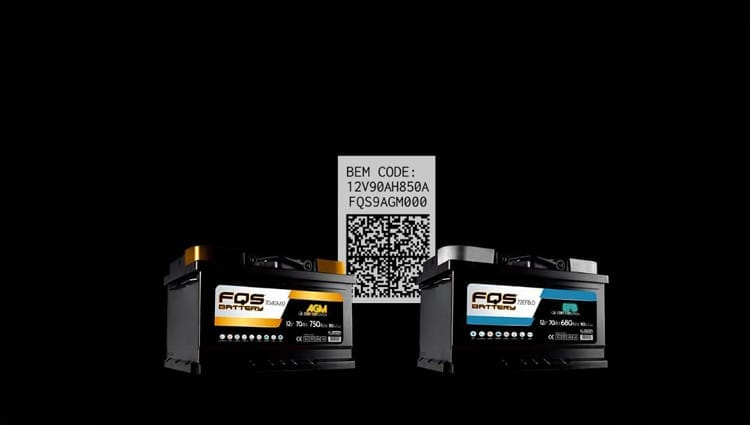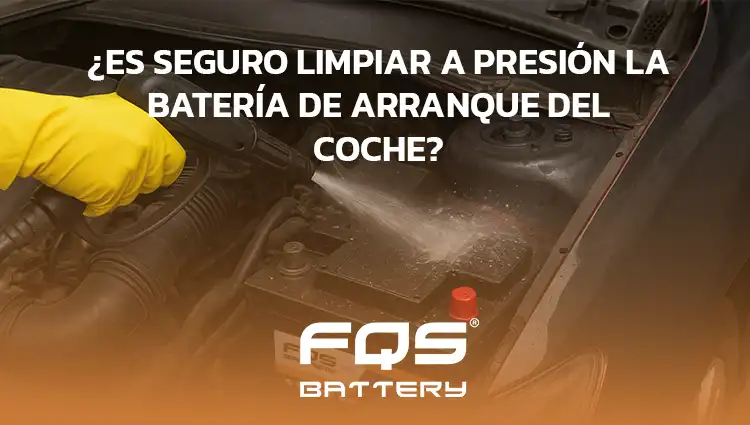We've received several inquiries recently at FQS Battery, requesting assistance when the battery they recently purchased for their car has failed. But be careful, we're talking about used batteries. And well, we're not going to say we're not surprised when they ask us how to make a claim, but a used battery can lead to multiple problems. In this article, we'll analyze the various, minor, implications involved in choosing a priority item like a used battery for your vehicle.
When your car battery starts to fail, the first option that comes to mind is buying a new one. But sometimes you're looking for a more economical option. That's where used and/or reconditioned batteries come in. But is it really worth buying a used battery? Let's look at the pros, cons, and when it might be advisable.
What is a reconditioned battery?
A reconditioned car battery is one that has been restored to some degree of its original capacity. This may include cleaning the terminals, replacing the electrolyte, and charging. These batteries typically sell for less than a new one.
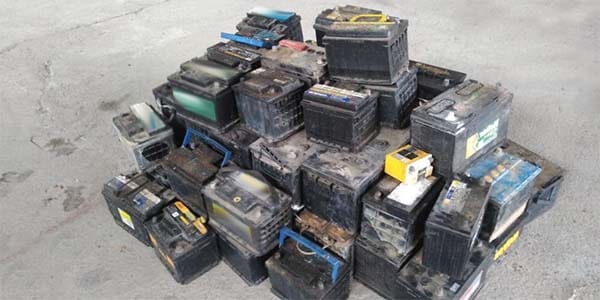
What is a non-reconditioned second-hand battery?
These are batteries for sale on various digital platforms where used products are bought and sold. Often, they aren't reconditioned. They've simply been removed from a vehicle and put up for sale. At most, they've been wiped down to clean their exterior. However, neither their condition has been checked beforehand nor has they been recharged. Among users, the warranty is null and void.
Advantages of Buying a Second-Hand Battery
- Lowest price: A reconditioned battery can cost between 30% and 50% less than a new one.
Disadvantages and risks of buying a second-hand battery
- Reduced lifespan:Although reconditioned, a used battery has already lost some of its original capacity, so its lifespan will be shorter than a new one.
- Limited or no warrantySome stores offer a warranty, but it's usually much shorter than a new battery.
- Risk of unexpected failures: Since it is not completely new, it could fail at any time without warning.
- Variable quality: Not all reconditioned batteries undergo a proper restoration process, which can affect their performance.
- Second hand: Second-hand batteries for sale that are not reconditioned still offer fewer warranties, lifespans, and performance than reconditioned batteries.
- Apparent savings: Although it may initially seem like a cheaper option, its short lifespan and the risk of additional breakdowns can make the savings negligible or even costly.
- Higher probability of failure under extreme conditions: Used batteries are more likely to fail in extreme cold or heat, increasing the risk of running out of power at the worst possible time.
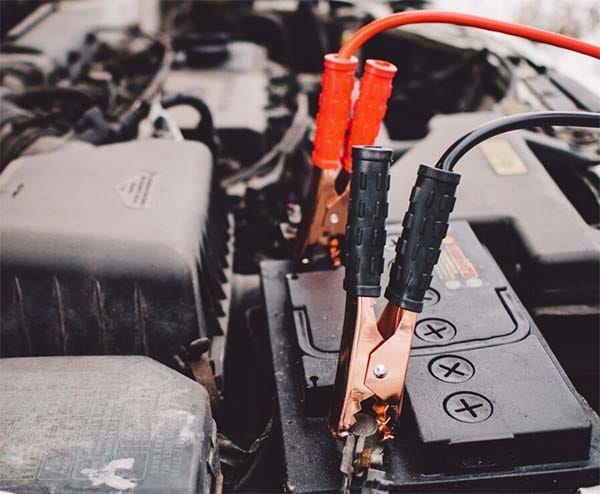
In what cases is it worth buying a second-hand battery?
Buying a second-hand battery may be advisable in the following cases:
WE ARE SORRY, AT FQS BATTERY WE CANNOT FIND ANY SITUATION IN WHICH CHOOSING A REFURBISHED OR SECOND-HAND BATTERY IS NOT WORTH IT.
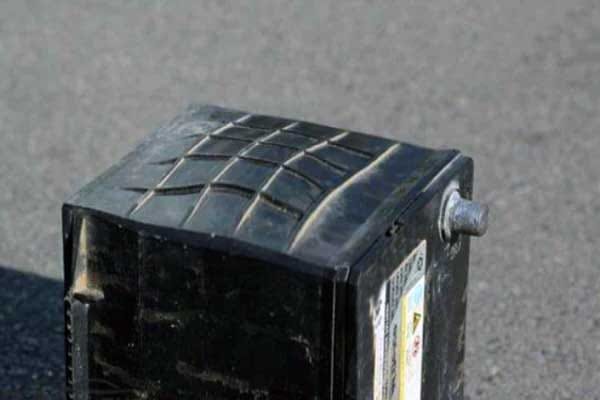
Reasons
Although there may be financial savings by purchasing a secondhand battery compared to a new one, the short lifespan and the potential for damage can make the actual savings insignificant, or even cause a very expensive repair.
In addition, the probability of it failing at the most necessary times or in the most complex thermal conditions is infinitely higher than the probability of failure with respect to a new battery.
CONCLUSION
Secondhand batteries can be an alternative, but they're a completely unadvisable option in all cases. If you're looking for a battery, the best option is always to invest in a new one.
